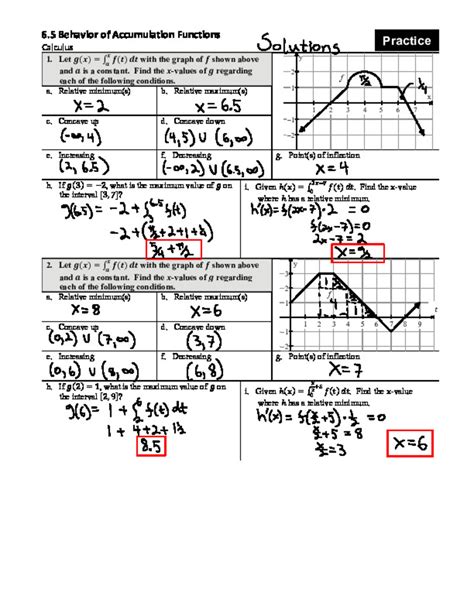Introduction
This unit introduces a new concept in calculus: integration. Integration is a way of finding the area under a curve or the volume of a solid. Integrals are used in many applications in science, engineering, and mathematics.

Techniques of Integration
There are several different techniques that can be used to integrate a function. The most common techniques are:
- Substitution
- Integration by parts
- Trigonometric integration
- Partial fractions
The choice of which technique to use depends on the form of the function that is being integrated.
Applications of Integration
Integrals are used in many applications in science, engineering, and mathematics. Some of the most common applications include:
- Finding the area under a curve
- Finding the volume of a solid
- Calculating the work done by a force
- Solving differential equations
Benefits of Integration
Integration is a powerful tool that can be used to solve a wide variety of problems in science, engineering, and mathematics. Some of the benefits of integration include:
- It can be used to find the area under a curve.
- It can be used to find the volume of a solid.
- It can be used to calculate the work done by a force.
- It can be used to solve differential equations.
How to Integrate a Function
The process of integrating a function can be broken down into the following steps:
- Choose the appropriate integration technique.
- Apply the integration technique to the function.
- Check your answer by differentiating the result.
Step-by-Step Approach to Integration
Here is a step-by-step approach to integrating a function:
- Identify the type of function that you are integrating.
- Choose the appropriate integration technique.
- Apply the integration technique to the function.
- Check your answer by differentiating the result.
Why Integration Matters
Integration is a fundamental concept in calculus. It is used in many applications in science, engineering, and mathematics. Integration can be used to find the area under a curve, the volume of a solid, the work done by a force, and the solution to a differential equation.
Conclusion
Integration is a powerful tool that can be used to solve a wide variety of problems in science, engineering, and mathematics. By understanding the different integration techniques and how to apply them, you can use integration to solve problems that would be impossible to solve without it.
Tables
Table 1: Integration Techniques
| Technique | Description |
|---|---|
| Substitution | A technique for integrating a function by replacing it with a new variable. |
| Integration by parts | A technique for integrating a product of two functions. |
| Trigonometric integration | A technique for integrating trigonometric functions. |
| Partial fractions | A technique for integrating rational functions. |
Table 2: Applications of Integration
| Application | Description |
|---|---|
| Finding the area under a curve | Integrating a function to find the area under its graph. |
| Finding the volume of a solid | Integrating a function to find the volume of a solid. |
| Calculating the work done by a force | Integrating a force to find the work done. |
| Solving differential equations | Integrating a differential equation to find its solution. |
Table 3: Benefits of Integration
| Benefit | Description |
|---|---|
| Can be used to find the area under a curve. | A powerful tool that can be used to solve a wide variety of problems. |
| Can be used to find the volume of a solid. | Has many applications in science, engineering, and mathematics. |
| Can be used to calculate the work done by a force. | Is a fundamental concept in calculus. |
| Can be used to solve differential equations. |
Table 4: Step-by-Step Approach to Integration
| Step | Description |
|---|---|
| Identify the type of function that you are integrating. | Choose the appropriate integration technique. |
| Apply the integration technique to the function. | Check your answer by differentiating the result. |
